Humanity—Taniya Chakraborty
Do we consider ourselves highly modern? While our clothing and cuisine may reflect modernity, our mindsets do not align. Our freedom of speech is frequently hindered by fear, affecting our daily lives. I am writing this just as a compassionate individual, I recently visited Kashmir after multiple trips to Dubai, Lebanon, and Bangladesh, all of which were beautiful experiences. Although not my first time, it was still a captivating journey. However, I don't claim that Kashmir is always entirely peaceful or in future miserable things will not happen. But the whole story is not like those portrayed in films like 'The Kerala Story' and 'Kashmir Files.' I do not possess the authority to label them as false. In comparison to Hinduism, women in Islam have faced significant challenges due to specific rules. I do not deny this fact. What we must comprehend is that liberating education and knowledge are essential for enhancing lives. Our existence should be guided by Humanity . Why does the Indian Army teach its members to transcend religious beliefs and unite under the banner of being part of the Indian Army? Regardless of their religious affiliation, whether Hindu, Muslim, Sikh, or Jain? Loyalty is directed towards India because humanity can serve as a unifying force. While certain elements may be depicted in cinema, we must not overlook the wrong aspects. Can we ignore the prevalence of domestic abuse against women? Practices like Satidaho and Balyobibaha were examples of ultimate cruelty.
Numerous reformers have emerged who fought for change and made progress. Similarly, among Muslims, there were individuals with exceptional knowledge and contributions. Their methods of fighting and protest may differ due to the inherent risks involved, but their battle is not religious. Hardliners exist in all religions, with varying degrees of intensity. Humanity has transcended these divisions in some instances, but unfortunately, not universally. I am attempting to convey that injustices occur, but can we solve them by fostering communal hatred? Technologically, we may have achieved 5G or 6G but psychologically we have not; it seems we are not progressing in terms of humanitarian concerns. I have deep friendships with individuals from Istanbul, Egypt, Dubai, Bangladesh, who possess incomparable knowledge. I admire them for their understanding, work, and expertise. Therefore, alongside films, there should be a warning that the depicted incidents are isolated and should not lead to the generalization of character. This approach is unjust. The ordinary people of Kashmir express their grievances as response to the mistreatment they have endured. They love this country and wish to remain here, but their emotional connection is being hindered by negative behavior. In the words of Mark Twain, 'Who shook the jar?' Red ants and black ants are not the true enemies; those who placed them in the bottle and shook it are. During a conversation with Former Foreign Minister M. J. Akbar, he questioned whether Pakistan, having declared itself an Islamic nation, has brought peace to its ordinary citizens. A nation cannot be based solely on religion. Upholding this sentiment, can a religion-based country find peace again? Who can give the guarantee there will be no 'Bibhishan' among us? It is crucial to understand that fundamentalist mindsets exist in all religions, societies, and places. Their prevalence may vary, but if people believe it is limited to a single religion, it is a negative development. Both scriptures and science affirm that harbouring anger and embracing aggression cause the greatest harm to oneself. Hatred, aggression, anger, and revenge are not viable solutions for anyone. They may yield temporary victories, akin to winning in gambling, but ultimately lead to no substantial outcomes. I openly admit that I do not intend to speak in favor of or against any religion. Let religion exist, but let our humanity always prevail above all else. Did we not realize during the pandemic how vulnerable our lives are? Unfortunately, as we become more indulgent, our tendency to incite wickedness also grows, which is a negative trait within us. In the 31 years of my life, I have clearly observed that some people have a strong desire to associate themselves with fundamentalist beliefs, beyond religious and caste differences. Once they form a thought or belief and find some support, they build walls around it. I have also seen highly educated individuals who, despite being educated in the true sense (hence I mention the concept of holistic human education), firmly hold on to certain rigid ideas and are unwilling to establish any connection with the living. Why do such rigid beliefs exist? In a village in Kashmir, there is a herd of cows grazing.
 |
| Sheep rearer in Kashmir |
The relentless shepherd is wandering around. I spent some time in that garden and then told them, "How lucky you are...you all almost live in heaven! !" One person replied, "No, no! Where is the joy? People think we all are corrupt, we all are terrorists!" I saw all those pale faces, full of helplessness. Why should we define humans with such rigid beliefs? We should measure a person's character with the circumstances and based on their good and bad work. We all are trying to live a healthy life. We always have the option of not pouring ghee but water on the fire flower...choice is ours; isn't it? We have accepted the simplicity of those Kashmiri shawls in our home for many years. He was the father of two daughters and he stayed here in Kolkata for livelihood. Seeing his humble appearance, people found it hard to believe. Some of us sincerely accept them as they are. So, good and bad are everywhere. In the famous sweet shop of Kashmir, "Mughal Darbar," in the midst of their genuine conversations, I saw their pale faces.... They said, "You think of us as bad, but our hearts are very big,we are not terrorists." Yes, "Their hearts are very big."
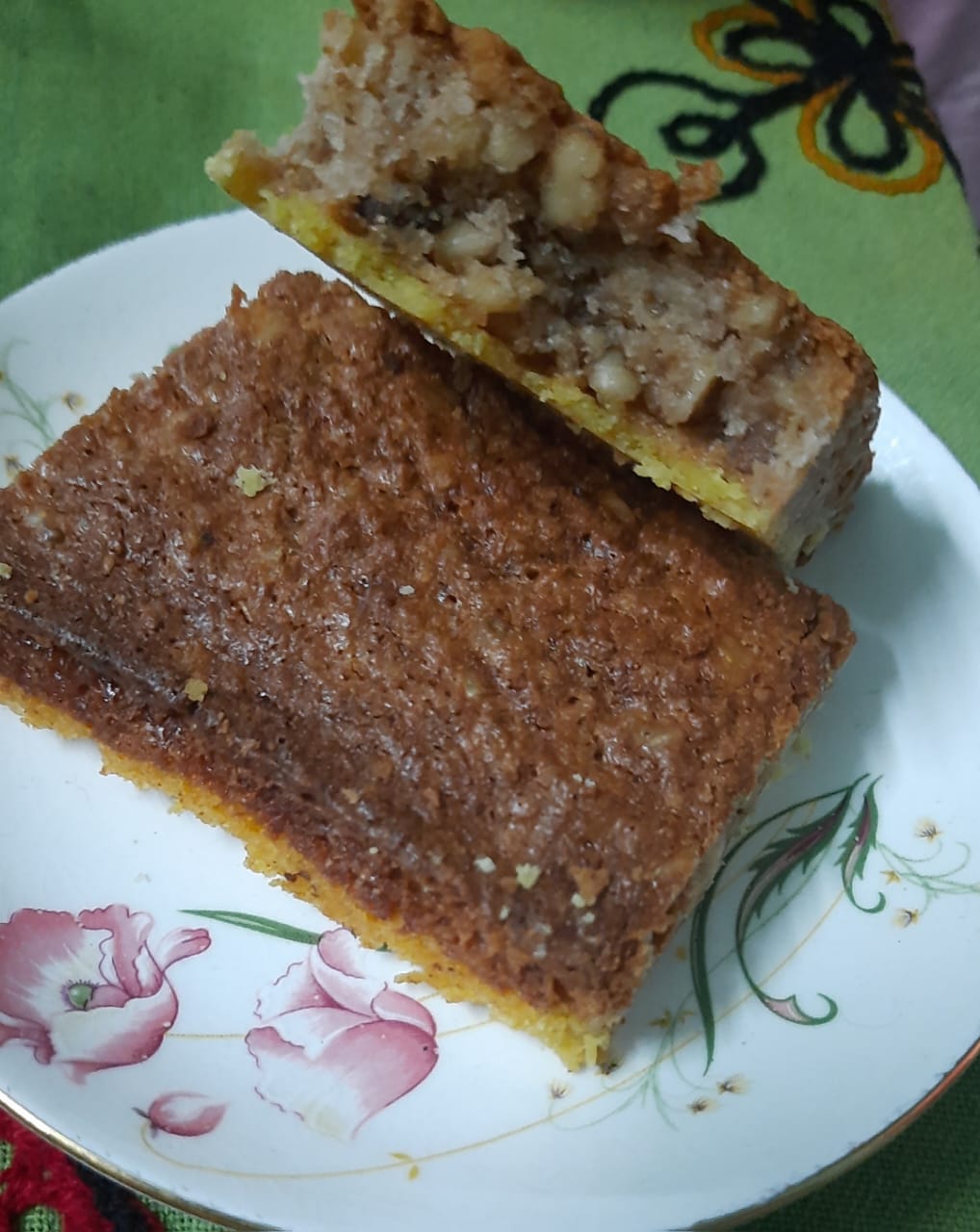 |
| Cookies and Fudge at Mughal Darbar and near Hazratbal |
Those Indians who have witnessed the sincerity of the people of Bangladesh know that "hearts - they have truly very big." My maternal ancestors used to live in Kishoreganj. They had to leave a lot behind during the partition. They suffered a lot. But there were those very Muslim friends who also came forward to help them. However, I don't understand how can I take revenge now based on those actions . Then where will it end and how? Someone must stop. Can this small life, which can't even fulfill its own desires, teach the whole world a lesson by fighting? Furthermore, if you engage in politics, do it with caution! If you keep all of us together, this country will become what it has been imagined to be! It won't break. Sometimes We, the people, embrace whatever comes our way in the wind and then spread it as granted story. This is how we have spent our days, immersed in countless falsehoods. Sometimes, we have the tendency to create turmoil when everything is fine. So, let's open our eyes. Set aside religion, the pit of stories, and only look through our real eyes at justice and injustice. The purpose of writing such simple things is to acknowledge that whatever injustice has happened may have happened; in that case, we should be cautious! But for the injustices that have not occurred—for those who are not unjust—we must unfold the blanket of that injustice and embrace unity.
(Translated by Inam Hussain Begg Mullick)
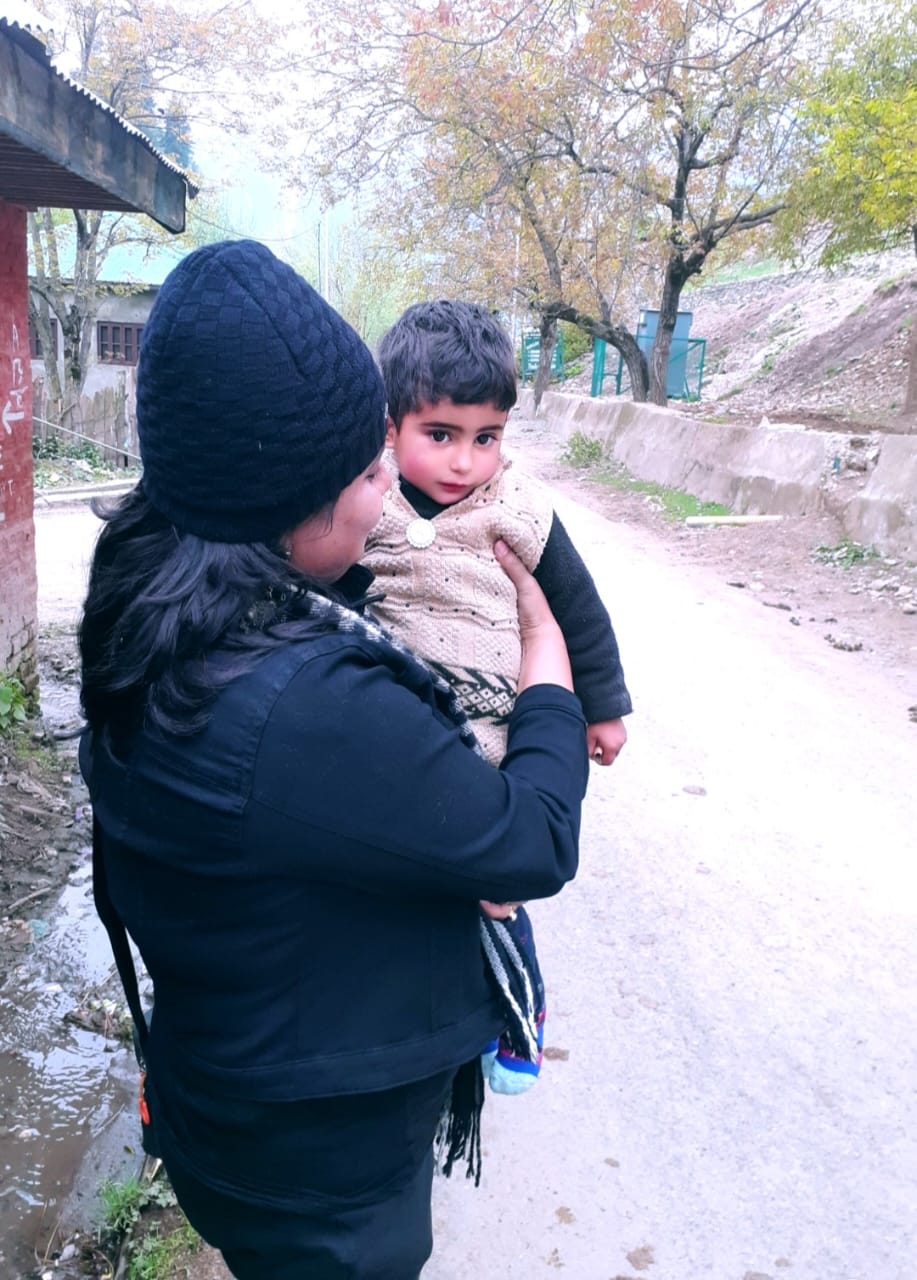






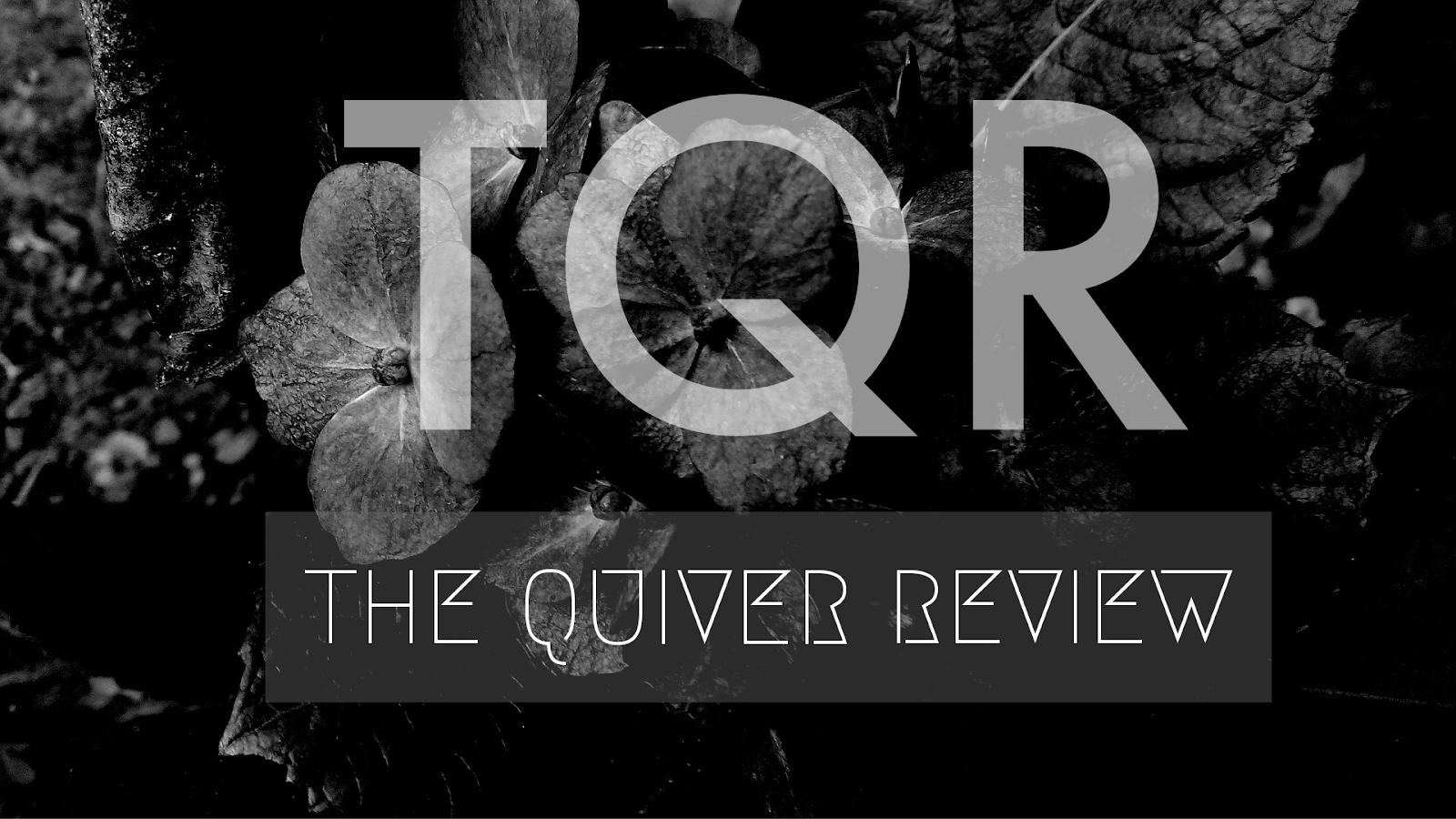



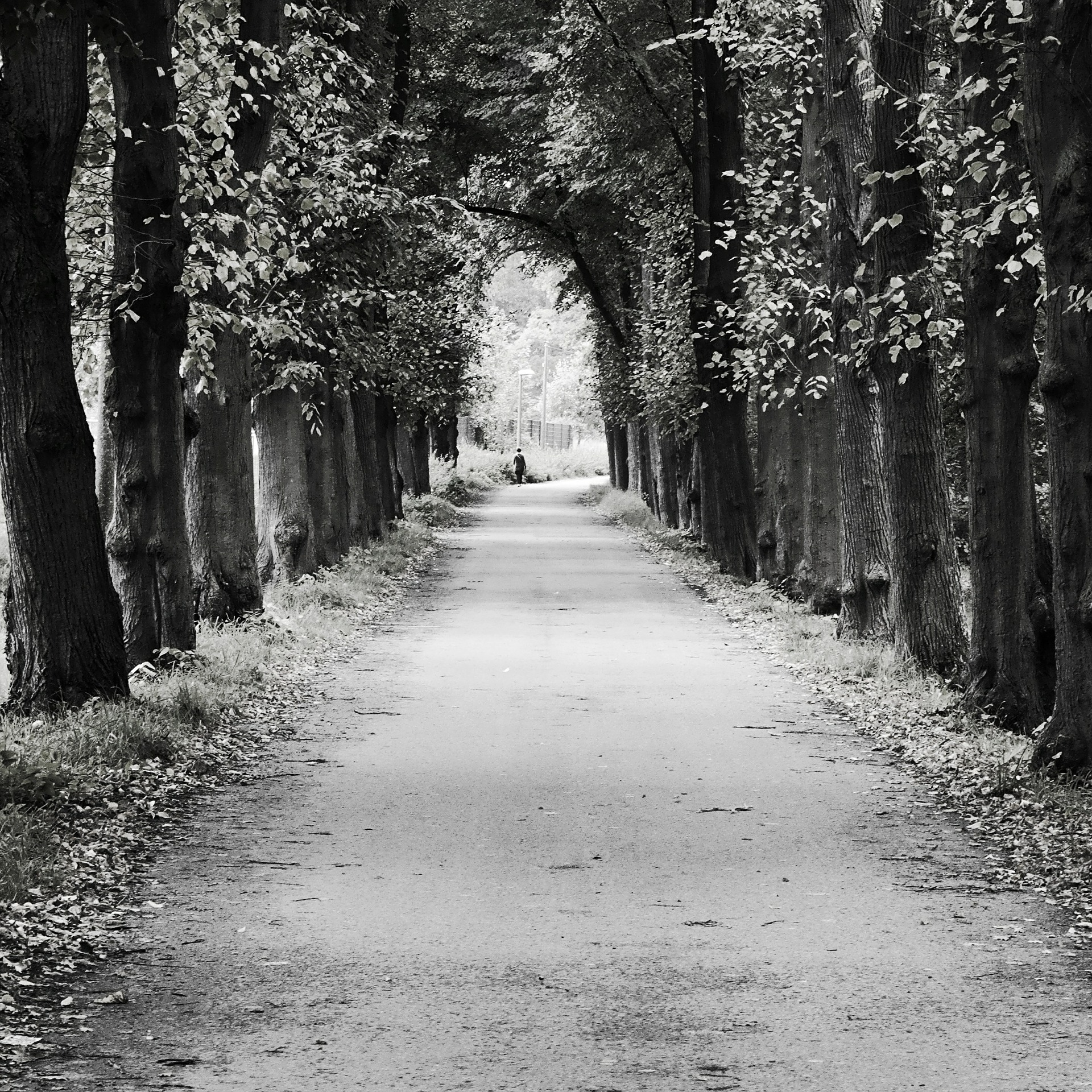


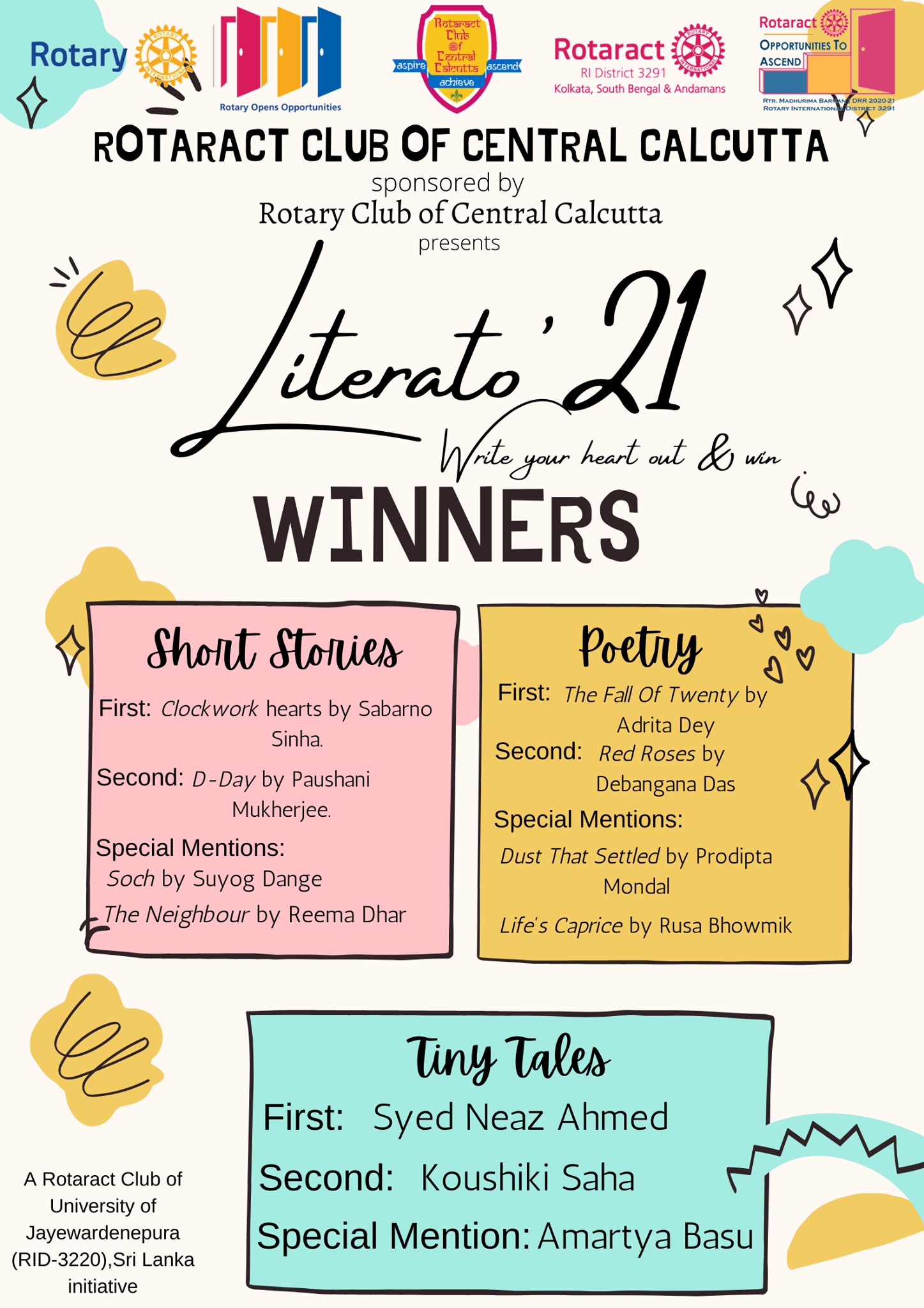
Comments